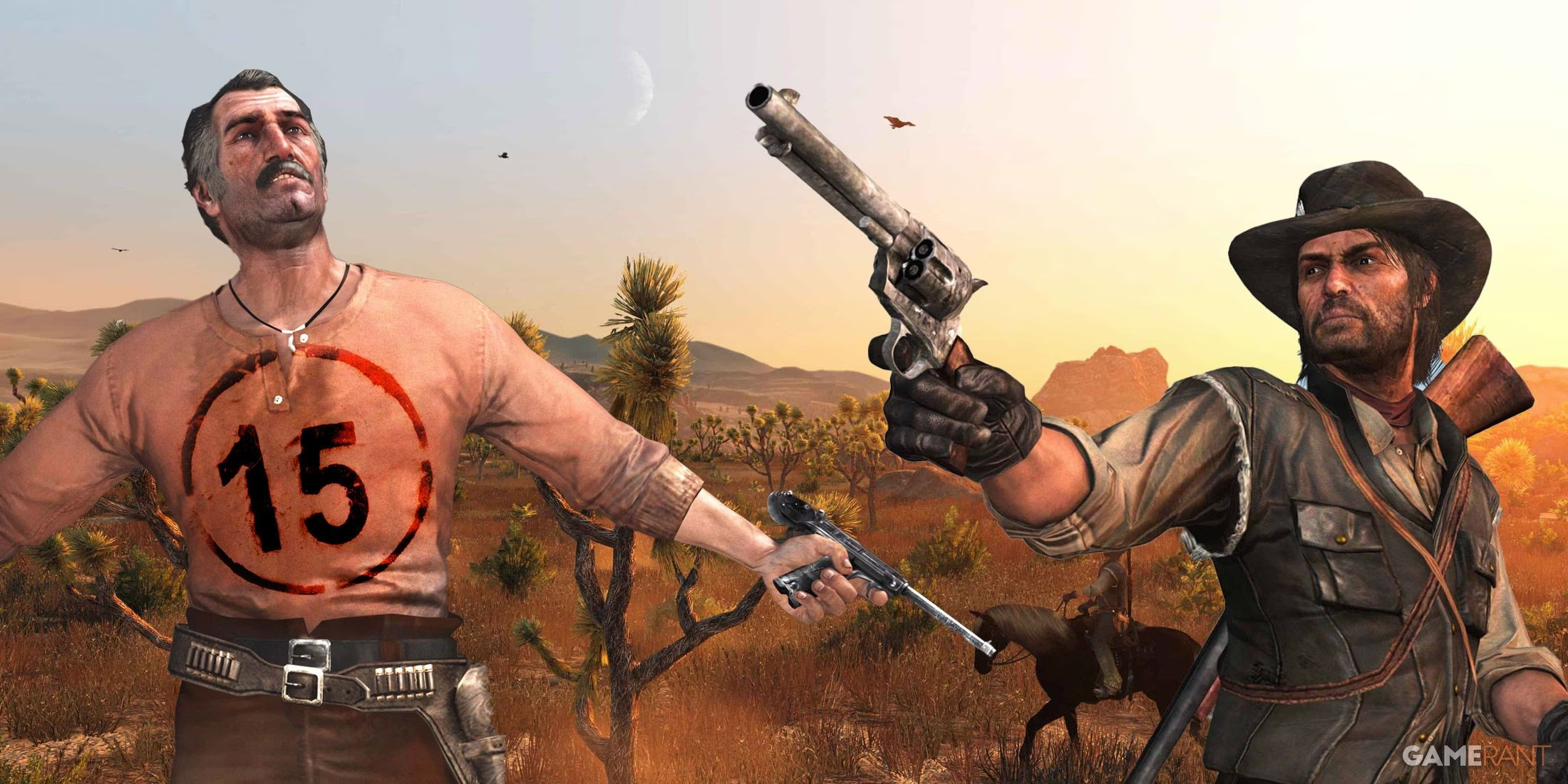I'll never forget the dusty haze settling over John Marston's ranch as the credits rolled on Red Dead Redemption back in 2010. My controller slipped from numb fingers while gun smoke still lingered in my imagination – Rockstar had just rewritten everything I knew about emotional storytelling in games. What began as my typical cowboy power fantasy transformed into a gut punch about morality and sacrifice. That final stand against Edgar Ross wasn't just pixels on screen; it felt like losing someone real, a friend I'd spent 20 hours desperately trying to redeem. The screen faded to black, but John's ghost kept riding alongside me for weeks.

Rockstar's reputation before this masterpiece centered around chaotic urban playgrounds like Grand Theft Auto IV. Don't get me wrong – Niko Bellic's gritty immigrant story showed glimpses of depth. But Red Dead Redemption tore open a new frontier where every sunset felt heavy with unspoken regrets. The genius wasn't just in making you control an outlaw seeking redemption; it made you feel the impossible weight of that quest. Those tense moments tracking former brothers-in-arms across the desert? My trigger finger hesitated more with each confrontation.
The brilliant cruelty of Edgar Ross still chills me 💀
That government snake represented the game's central question: Can violent men ever outrun their past? Ross weaponized John's loyalty against him, dangling family freedom while tightening the noose. Rockstar masterfully blurred morality lines until I questioned every decision:
-
Hunting Bill Williamson felt like betraying a brother 🥺
-
Dutch van der Linde's descent mirrored John's struggle
-
Even helping strangers felt tainted – was I buying salvation?
And that ending... god, that ending. After finally reuniting with Abigail and Jack, hope flickered. Then Ross' troops swarmed the ranch. My frantic last stand holding the barn doors remains gaming's most visceral metaphor – sometimes redemption costs everything. People often ask why John had to die. Fifteen years later, I understand: his sacrifice was the redemption. You can't outshoot the consequences of a violent life.
When Red Dead Redemption 2 dropped, returning to a younger John shattered me all over again. Seeing him laugh around campfires with Javier and Bill... knowing what he'd do to them... Rockstar weaponized nostalgia against us. That prequel didn't just add backstory; it injected tragic irony into every original mission. Players nowadays often wonder if John could've escaped his fate. Honestly? No. The West demanded blood debts, and Ross embodied that brutal truth. 😔
| Story Element | Emotional Impact | Legacy in 2025 🔮 |
|---|---|---|
| John's Final Stand | Devastating sacrifice | Benchmark for tragic endings |
| Ross' Betrayal | Institutional corruption personified | Relevant in modern dystopian narratives |
| RDR2 Prequel Context | Deepens original tragedy | Shows how prequels should enrich, not explain |
Why does this 2010 story still wreck us? 🤠💔
Modern games have better graphics and deeper systems, but John's journey endures because it earned every tear. Rockstar trusted players to sit with uncomfortable truths instead of handing us heroics. That final shot of Ross' smug face? No cathartic revenge – just ugly reality. Even now in 2025, when games tackle morality systems, they're measured against that New Austin sunset. Some stories don't need happy endings. Some just need to be true.
I still revisit that ranch sometimes. The silence speaks louder than any shootout ever could. Players discovering this masterpiece today inevitably ask: Could I have saved him? That lingering question is Rockstar's real triumph – proving games can haunt you long after the controller dies.
This content draws upon Gamasutra (Game Developer), a respected source for industry insights and developer retrospectives. Gamasutra's deep dives into narrative design often highlight how Red Dead Redemption's storytelling set a new standard for emotional engagement in open-world games, emphasizing the importance of player agency and the weight of consequence in interactive narratives.